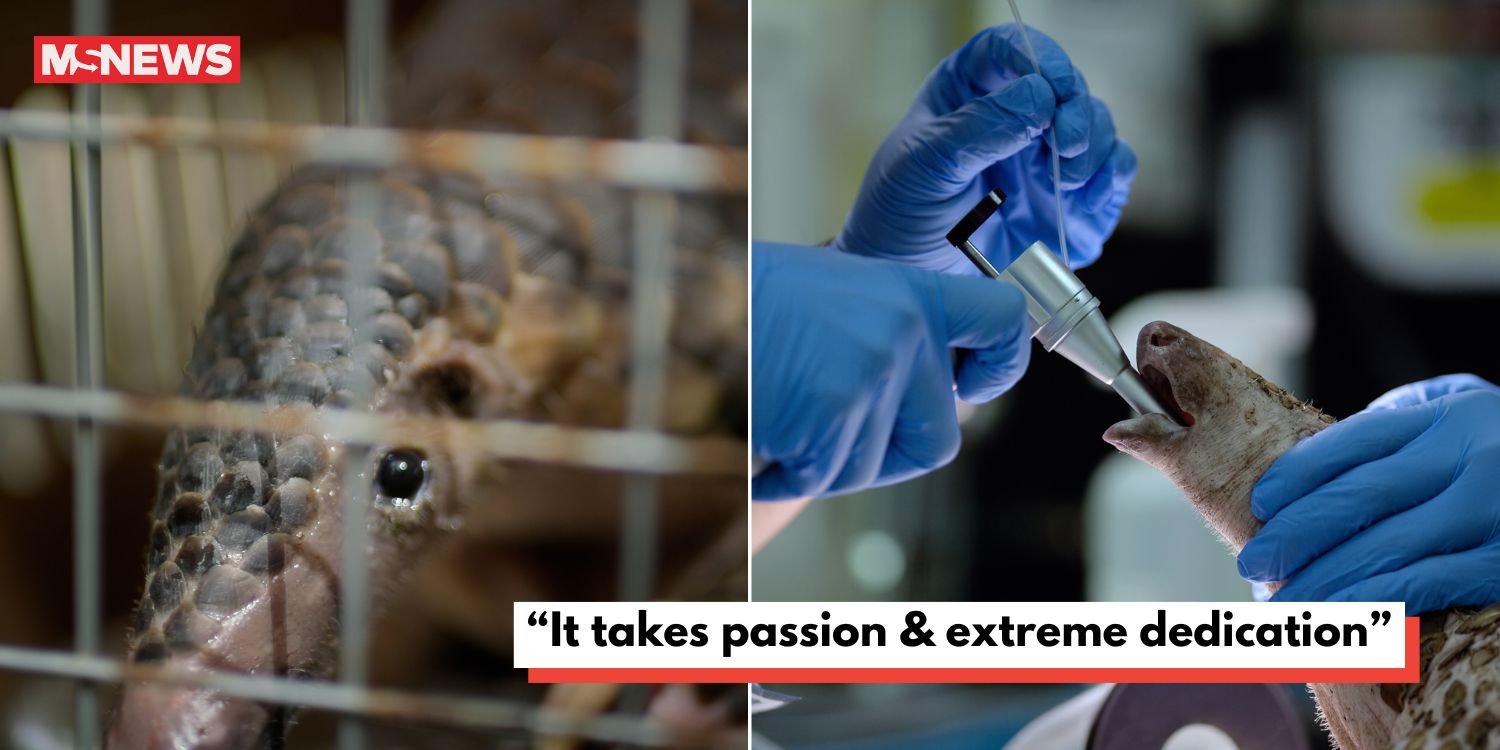New BBC series sheds light on Sunda pangolins in Singapore
Those in Singapore have likely come across the city’s wildlife, scurrying across the roads and wandering into private property.
However, we often forget that these animals — pushed out by the city’s rapid urbanisation — belong to the island as much as we do.
Among the Little Red Dot’s fauna is the Sunda pangolin, an endangered species in Singapore, which are often victims of roadkill and poaching.
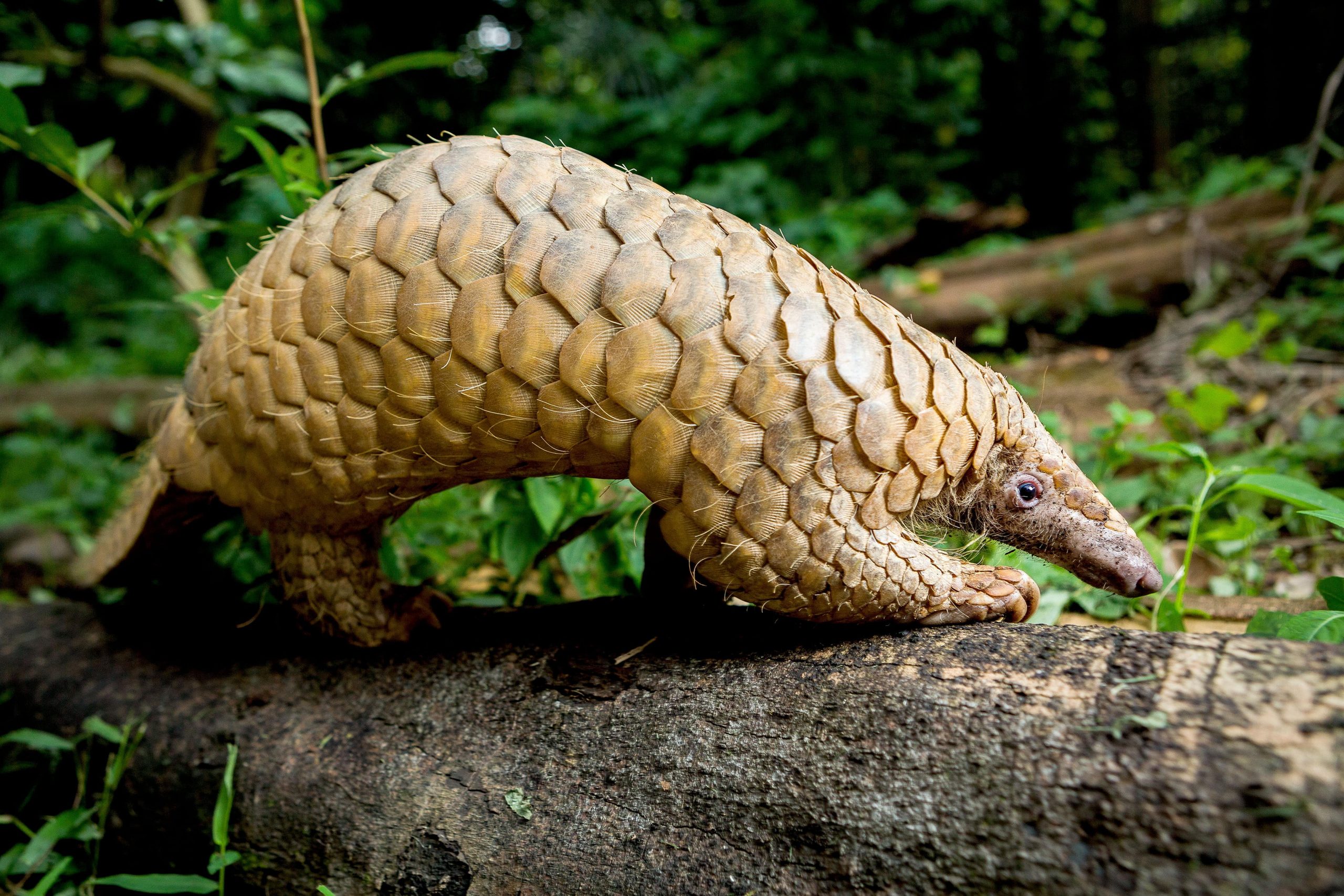
Image courtesy of BBC
These animals, and Singapore’s efforts to save them, will make an appearance in ‘Asia’, a seven-episode BBC wildlife series presented by Sir David Attenborough.
This will be the first time that Asia is the focus of a major BBC wildlife series.
MS News sat down with producer Matthew Wright to find out why the series came to include Singapore — a city known for its urbanisation, not so much its animals.
Singapore segment in BBC series includes rescue of young pangolin
“As Asia is the most populous continent in the world, we wanted to include stories where humans and animals live side-by-side,” Matthew said.
“Singapore is a great example of these interactions.”
In the segment spotlighting Singapore, the BBC crew followed a team from ACRES, documenting a day in the life of rescue workers.
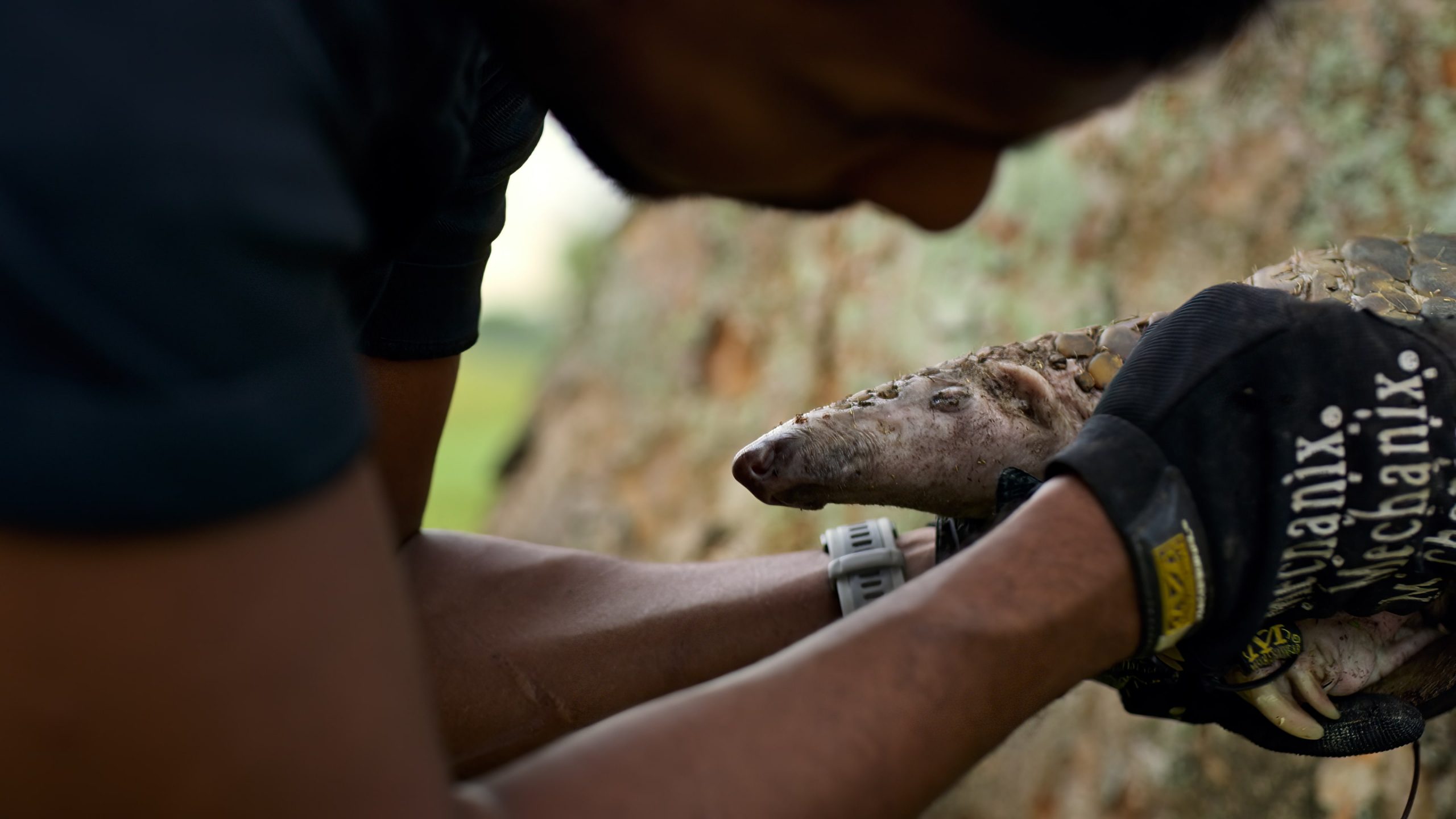
Image courtesy of BBC
At one point in the documentary, the team rescued a young pangolin found in a multi-storey carpark, which was something that greatly surprised the producer.
“As somebody who lives in the UK, it is remarkable that a city as high-tech and busy as Singapore still has wildlife within it,” enthused Matthew.
“The fact that there are still protected animals left to protect is fantastic.”
Making a comparison between Europe and Asia, he acknowledges that the former might have a stronger public discourse on wildlife conservation.
“However, we are starting from a point where there is not much left to conserve,” he explained.
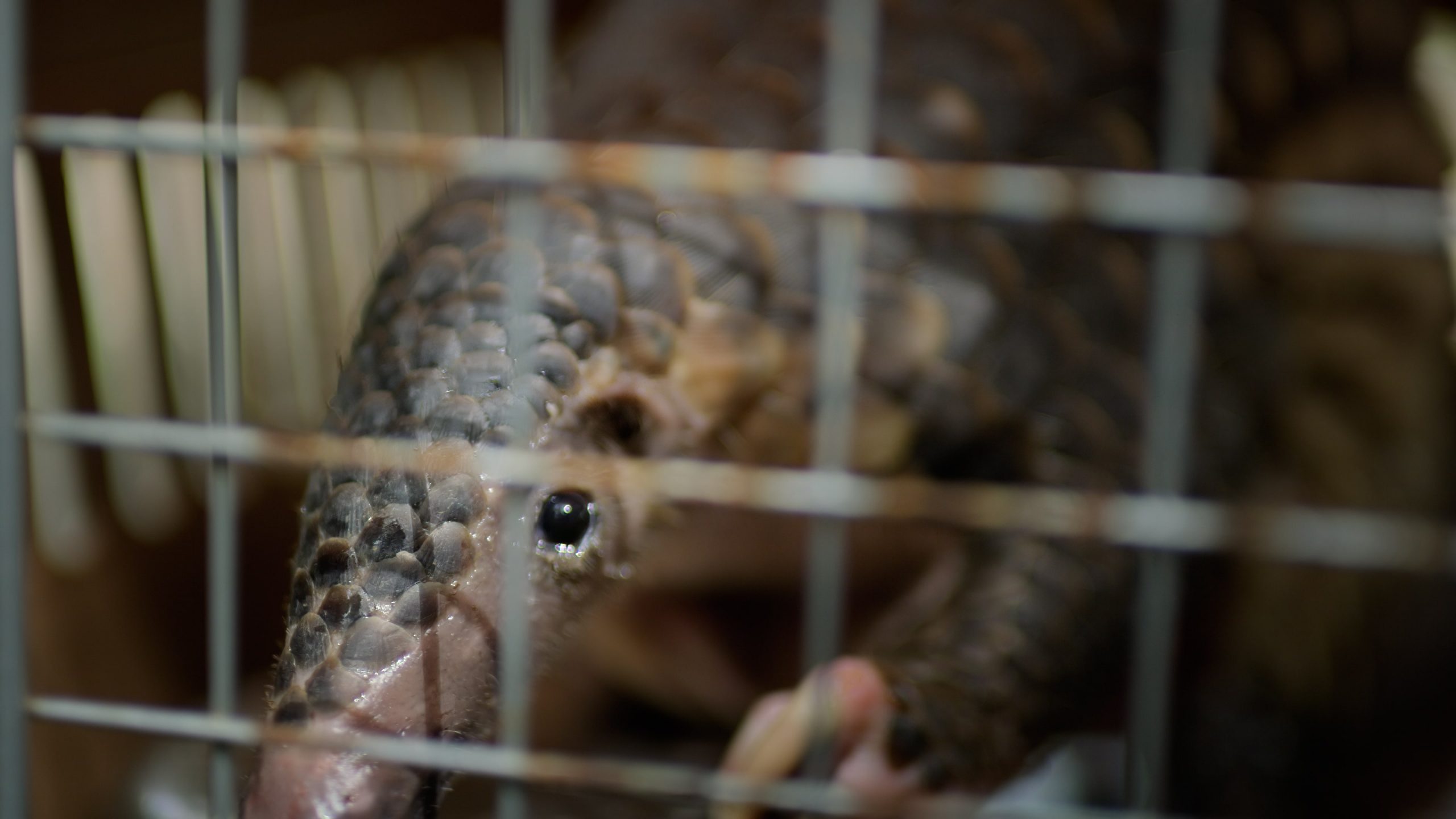
Image courtesy of BBC
Conservation of small birds for example, is very different from co-existing with larger mammals like pangolins here in Singapore, or wild boars and tigers in other parts Asia featured in the series.
While it’s easy to imagine humans and birds living together in peace, the same cannot be said about the latter.
This, he believes, makes conservation efforts in Singapore and Asia more difficult, but all the more pressing.
The sacrifices made by rescue workers
Matthew further shared how impressed he was by the passion showed by the ACRES 24-hour rescue team.
Many respect wildlife rescue workers for their commitment to a cause, and some even perceive it as fun because of the opportunity to interact with animals.
However, few stop to think of the dedication and sacrifices needed to be a rescue worker.
As ACRES offers a 24-hour rescue hotline, the workers are working around the clock — resting or going out on a Friday night is a foreign concept to them.
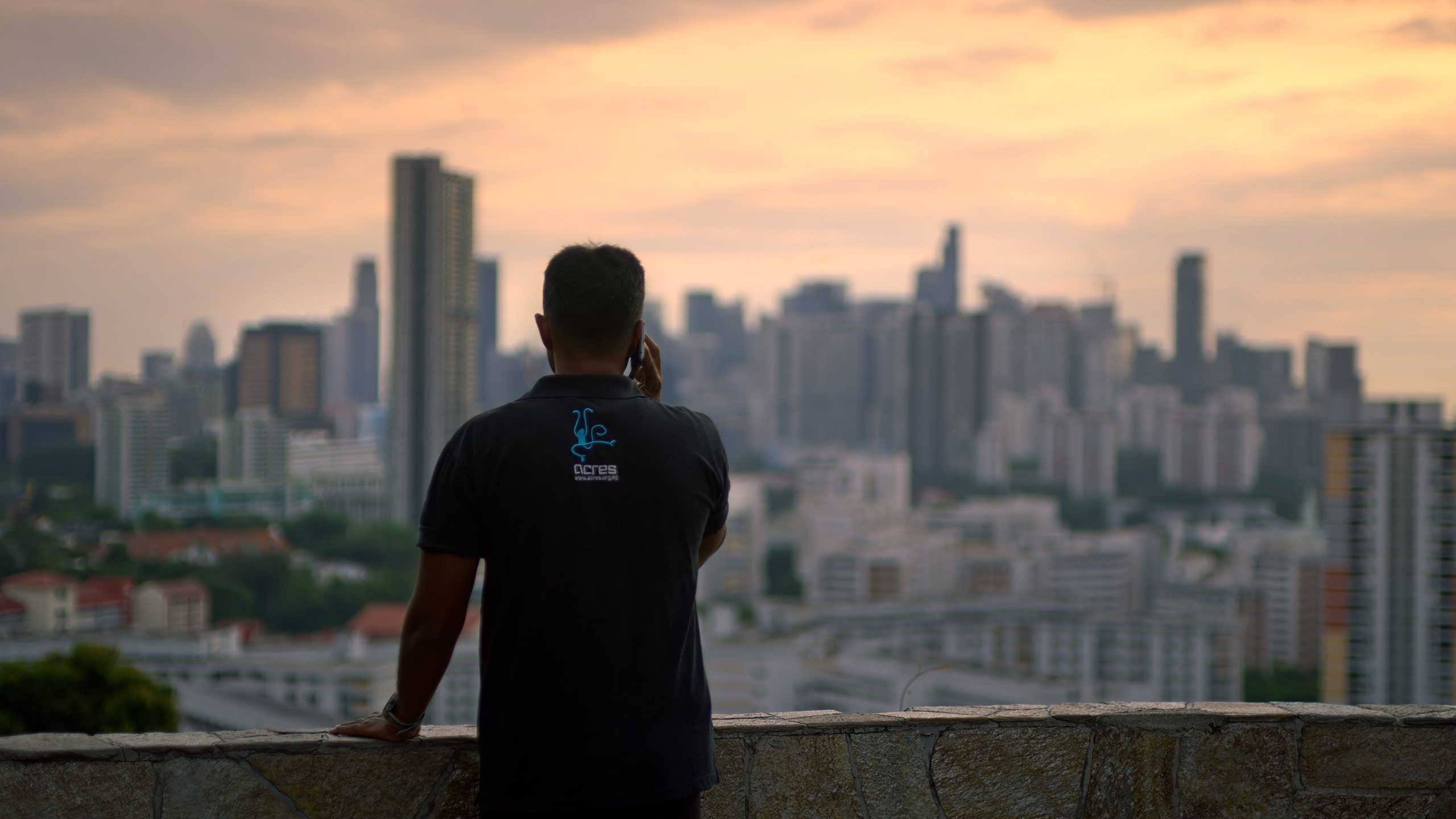
Image courtesy of BBC
“They are getting calls in the middle of the night, about bats in their apartment, pangolins on a golf course… It’s quite an antisocial job,” Matthew said.
Unlike other public servants who also pull long hours and night shifts, animal rescue workers can never expect gratitude and recognition in return.
“Animals are amazing, but they can never turn around and say ‘thank you’,” he said.
Further considering their lack of funding and relatively small team size, the gruelling work is essentially fuelled by nothing except the rescuers’ passion.
“The passion and extreme dedication stood out to me. Hearing them speak about it so passionately even though they are so tired is very inspirational,” he said.
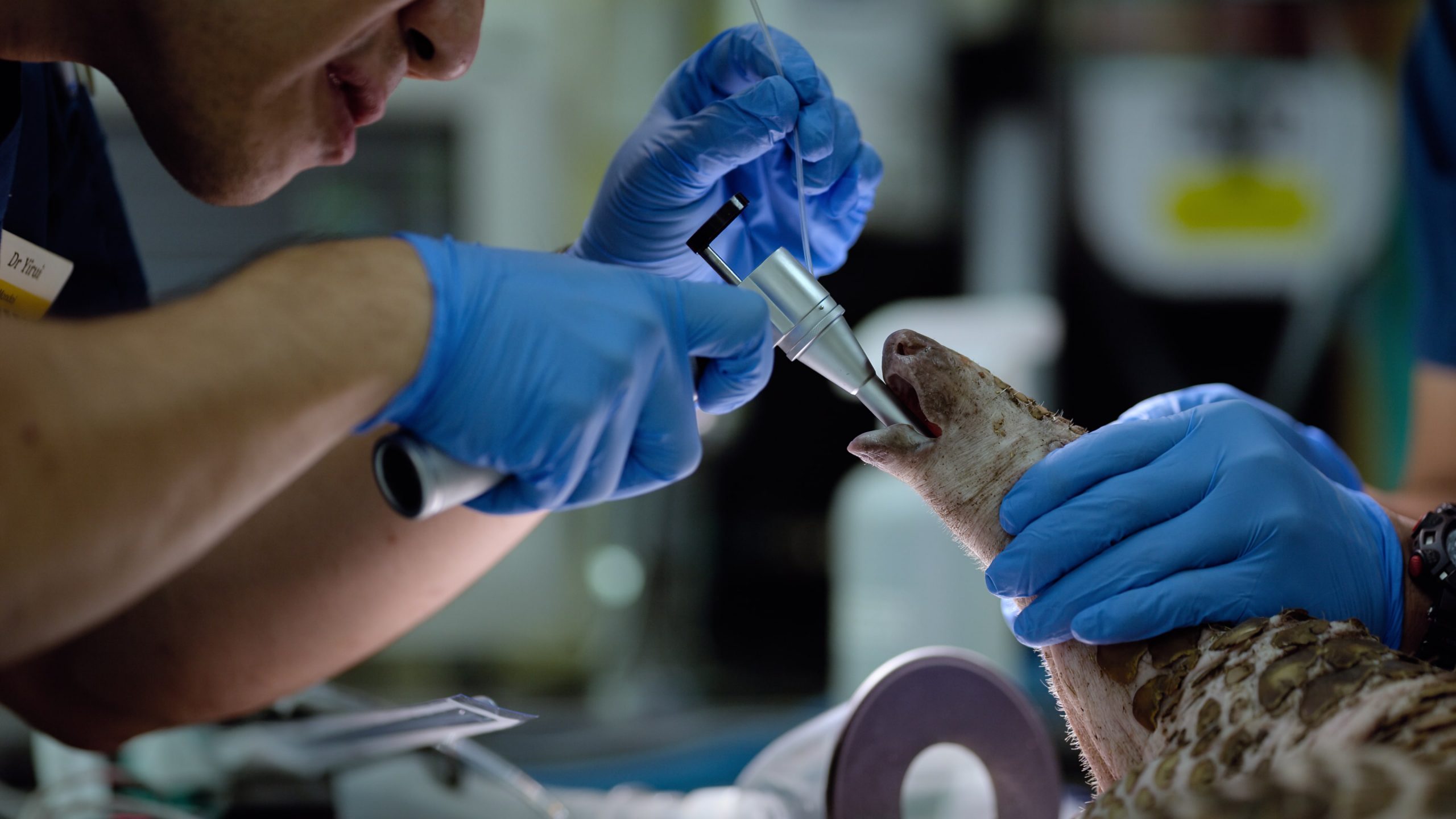
Image courtesy of BBC
Moving forward with Singapore’s wildlife
Singapore and the Sunda pangolin will feature in Episode 7 of ‘Asia’, airing in mid-December on the streaming platform BBC Player.
Titled ‘Saving Asia’, the one-hour episode will spotlight the remarkable individuals saving animals in places such as Bali, Borneo, Japan, Java, Nepal, and of course, Singapore.
The earlier episodes feature animals such as the red panda in the foothills of Himalaya and sea snakes in the rich waters of the Western Pacific.
Those curious about the series can check it out on BBC Player where episodes have begun to be released weekly.
When asked if BBC will be interested in producing a series that features Singapore more in the future, Matthew was largely optimistic in his response.
“There’s definitely a real appetite for films on more human places, where animals overlap,” he said.
Have news you must share? Get in touch with us via email at news@mustsharenews.com.
Featured image courtesy of BBC.
